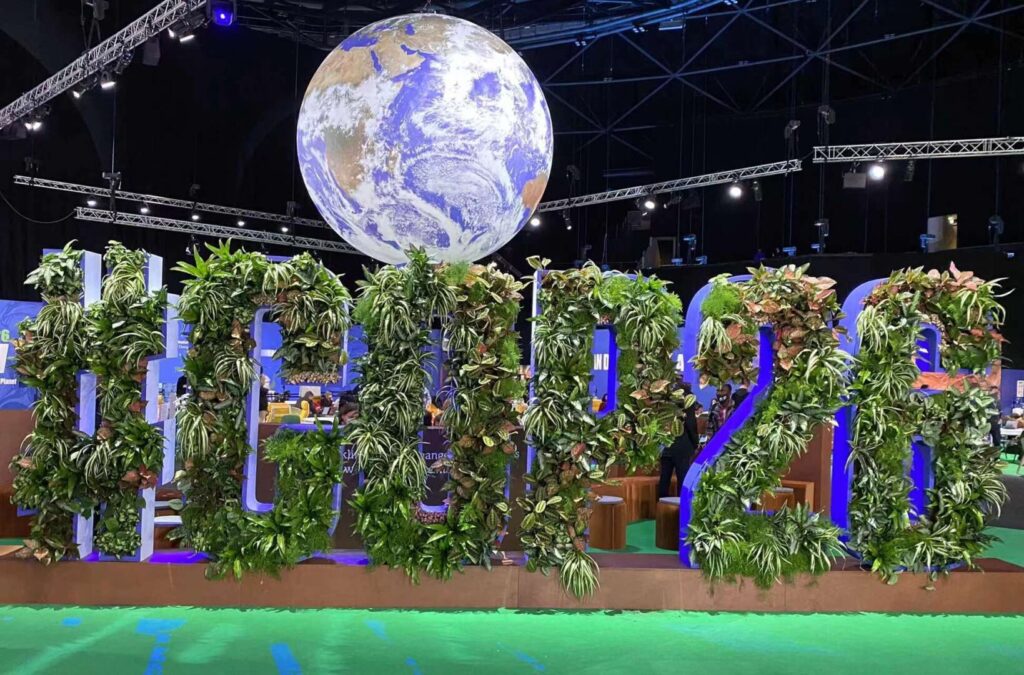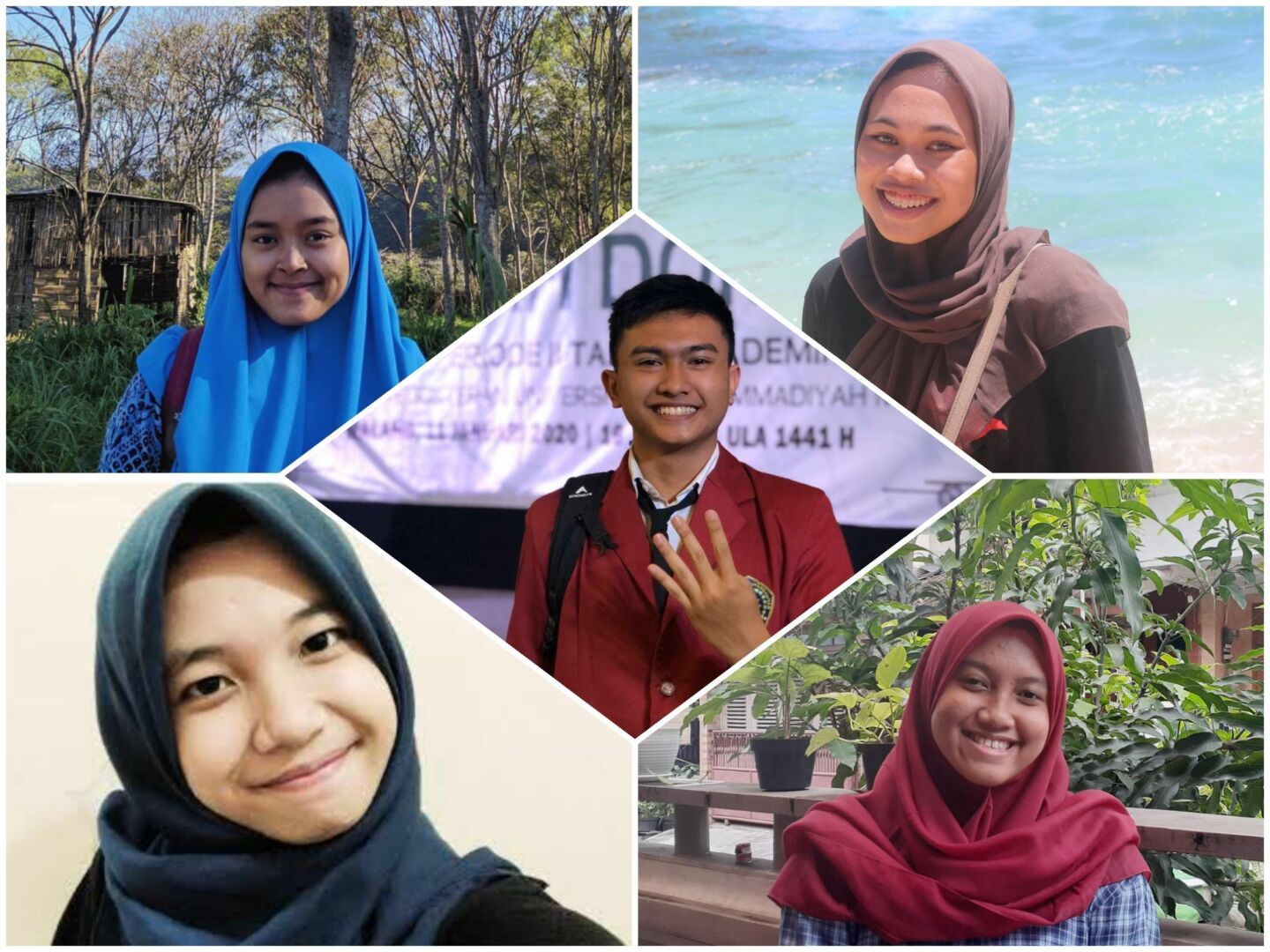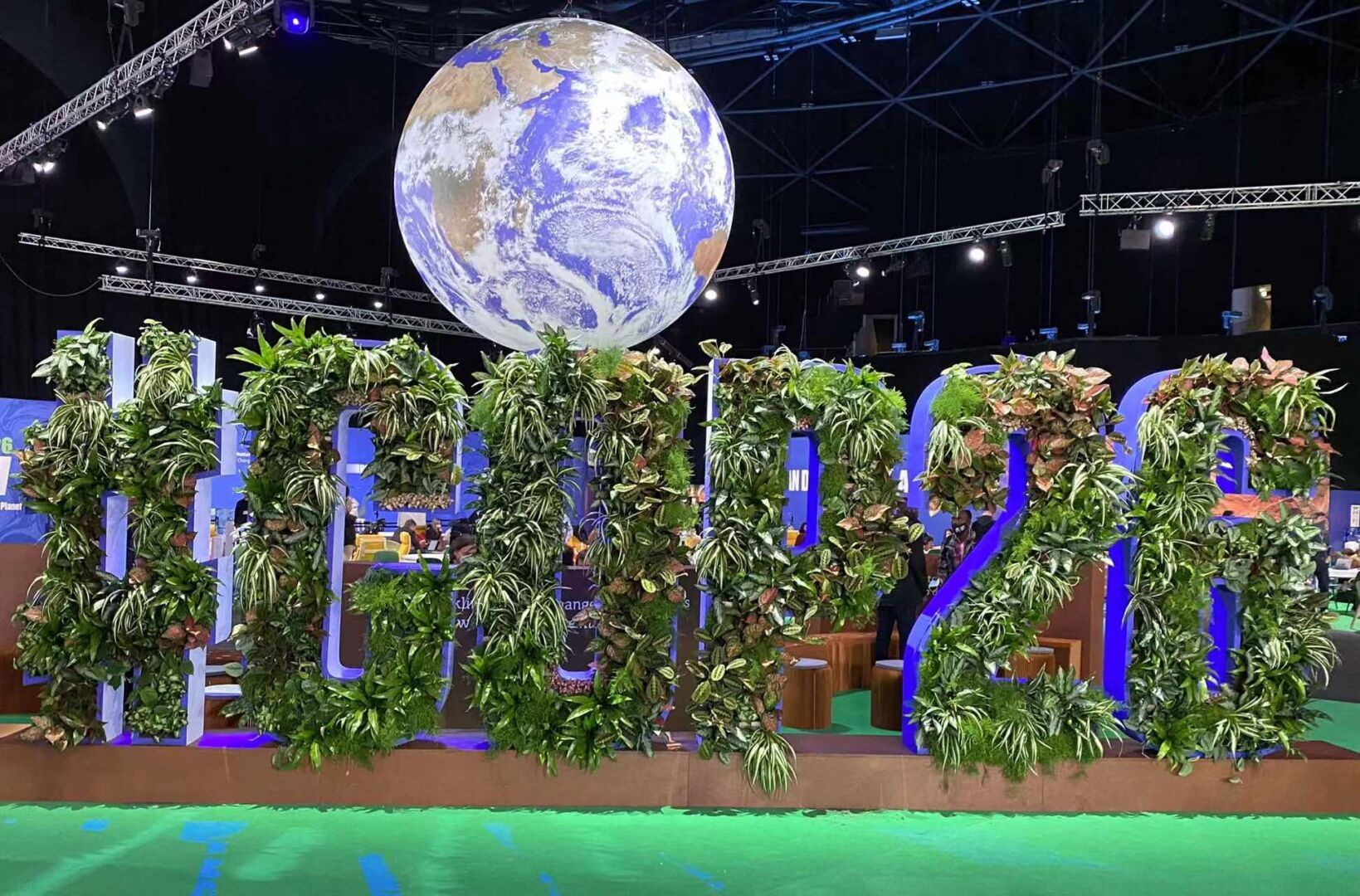BIEA EcoVision - Youth Voices of Their Nations on Climate Change

This November, the world has its eyes focused on the climate crisis, promoting international cooperation to complete the initiatives formerly set at the Paris Agreement. COP26 stands to be the most important climate conference since 2015, listing four main agendas: reduce emissions, employ mitigation strategies, provide capital, and work together to achieve these ends.
To ensure these objectives get completed, the youth population has become directly involved, tirelessly rallying for climate action through marches, strikes, and protests. Most recently, tens of thousands protested around the world in September, rallying behind youth figureheads such as Greta Thunberg.
At COP26, youth delegates from organisations such as Youth4Climate will once again take a stand, presenting findings and making their arguments on a world stage. At the British International Education Association, which has based its 2021 STEM competition on finding alternative food packaging alternatives, students from across the globe have submitted personalised videos addressing climate change. Working in partnership with the Scottish Youth Film Foundation SYFF, artworks from poems to skits to songs, these personal interpretations of climate change will be played aloud for the world leaders at COP26.
One student of the BIEA, Catherine James, poignantly writes in her poem, “global climate change, our disaster in slow motion”. These visceral representations of how the climate crisis affects children of all ages and locations are a stark reminder to these politicians of the importance of acting now-- it is the children whose futures depend on daring policy initiatives and reducing carbon emissions.
As we know, there is one thing that all politicians can agree upon: saving the world for our children and grandchildren to see it.
International Student Entrepreneurs Awarded Top Honours in BIEA 2020 University STEM Challenge

The British International Education Association (Twitter @BIEAeducation, Facebook @BIEAInternational) was proud to host its inaugural University STEM Challenge this year. With entries from over 34 countries, the competition unleashed the potential of students to use their innovative and entrepreneurial skills to create solutions for some of the most pressing global challenges.
Due to the ongoing COVID-19 pandemic, the competition was held online for the first time. This successful pivot in event planning gave these deserving students the opportunity to experience the culmination of their year-long efforts.
The Challenge began in January; the 2020 theme was 'Save Our Shores from Plastic Pollution'. Young innovators from around the world were encouraged to come up with sustainable solutions to help counter the plastic waste epidemic to both human and wildlife.
The entries were evaluated by judges with expertise in business, industry, research and academia.
“These young people have shown they are the game-changers who will shape our future.’ said Prof Rick Chandler, lead judge and CMA Chairman. ‘I am very impressed by their dedication to coming up with commercially viable solutions to the plastic pollution problem in their local regions.’
The grand prize award went to a team of young biochemistry students from Brawijaya University Indonesia. The project looked at the microplastic problem in oceans around Indonesia; the team developed a prototype to filter microplastic from the seawater using the ferrofluid concept.
The following teams were recognized as outstanding category winners for their pursuit of innovation and entrepreneurship:
> Engineering: Project A.W.R.D 1, Daniel Oakley, a UK student who developed a robotic amphibious vehicle to collect plastic waste from waterways
> Innovation: Project Nilam Pad, a sustainable sanitary pad for women, developed by a team of university students from Indonesia
> Social Impact: Project iRecyle, Maria Gitau from Strathmore University in Kenya developed a business plan to improve plastic recycling in her local community through education and recycling stations.
> First runner up: Project Microplastic, Team WWTP from Notre Dame College, Bangladesh come up with a concept to remove microplastic from local waterways.
Nearly half the entries came from girls and countries with poverty, the competition has fulfilled BIEA’s pledge on diversity, inclusiveness and making STEM education accessible to all.

